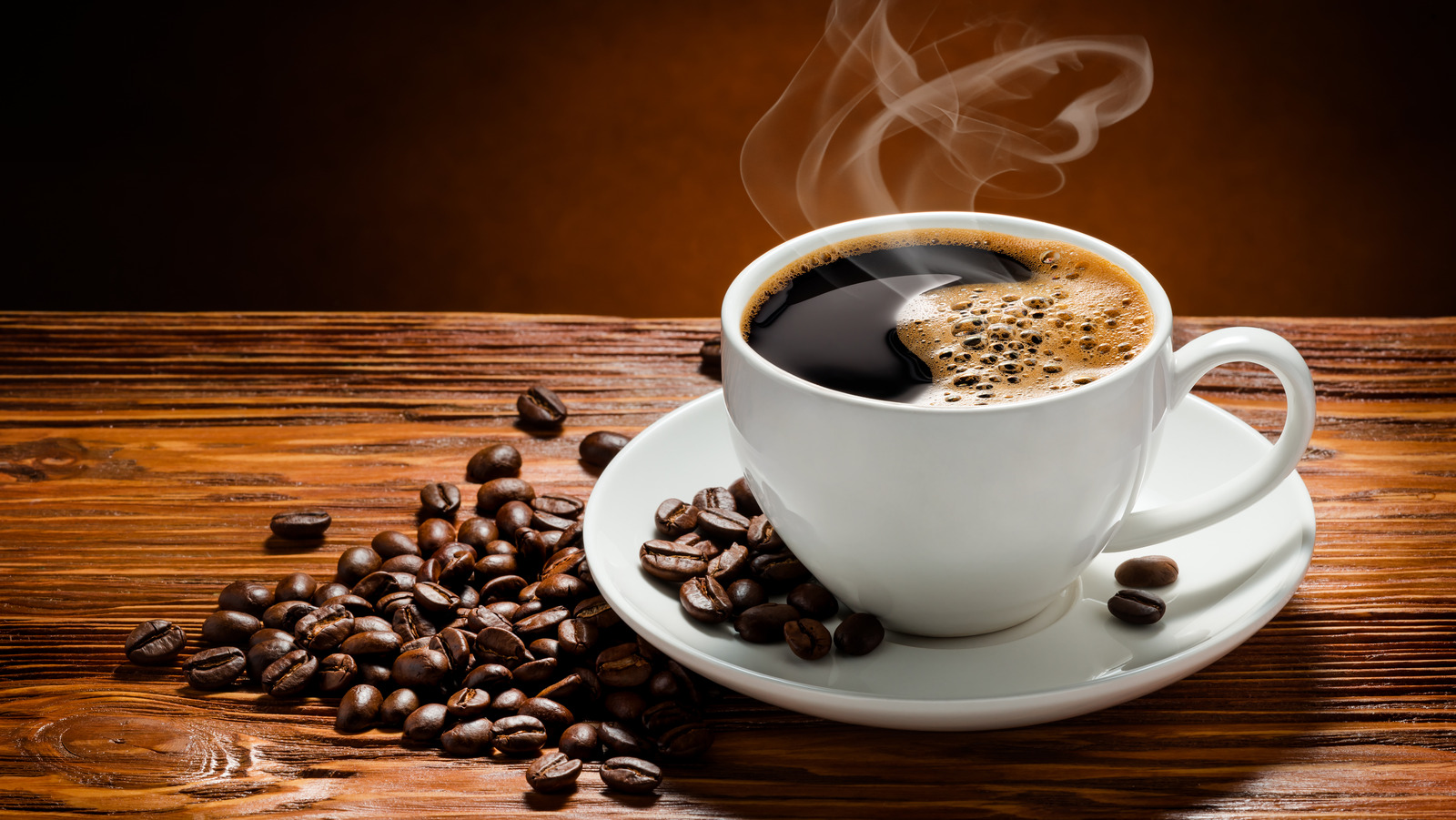
He confessed that after the challenging task of weaning himself from coffee, he “was sleeping like a teenager again.”ĭr. In discussing his audiobook on caffeine with Terry Gross on NPR last winter, Michael Pollan called caffeine “the enemy of good sleep” because it interferes with deep sleep. Lots of people with sleep problems don’t recognize the connection to coffee.” Willett, a co-author of the Harvard report, told me, “I really do love coffee, but I have it only occasionally because otherwise I don’t sleep very well. Caffeine locks into the same receptor in the brain as the neurotransmitter adenosine, a natural sedative. The most common ill effect associated with caffeinated coffee is sleep disturbance.

Pregnancy alters how the body metabolizes caffeine, and women who are pregnant or nursing are advised to abstain entirely, stick to decaf or at the very least limit their caffeine intake to less than 200 milligrams a day, the amount in about two standard cups of American coffee. Caffeine crosses the placenta into the fetus, and coffee drinking during pregnancy can increase the risk of miscarriage, low birth weight and premature birth. That’s not to say coffee warrants a totally clean bill of health. “Overall, despite various concerns that have cropped up over the years, coffee is remarkably safe and has a number of important potential benefits.” Willett, professor of nutrition and epidemiology at the Harvard T.H. “These periodic scares have given the public a very distorted view,” said Dr. In some of the now-discredited studies, smoking, not coffee drinking (the two often went hand-in-hand) was responsible for the purported hazard. As recently as 1991, the World Health Organization listed coffee as a possible carcinogen. Over the years, coffee’s been deemed a cause of conditions such as heart disease, stroke, Type 2 diabetes, pancreatic cancer, anxiety disorder, nutrient deficiencies, gastric reflux disease, migraine, insomnia, and premature death. I’ve lived through decades of sporadic warnings that coffee could be a health hazard. Perhaps most dramatic was a 50 percent reduction in the risk of suicide among both men and women who were moderate coffee drinkers, perhaps by boosting production of brain chemicals that have antidepressant effects.Īs a report published last summer by a research team at the Harvard School of Public Health concluded, although current evidence may not warrant recommending coffee or caffeine to prevent disease, for most people drinking coffee in moderation “can be part of a healthy lifestyle.” In a study of more than 200,000 participants followed for up to 30 years, those who drank three to five cups of coffee a day, with or without caffeine, were 15 percent less likely to die early from all causes than were people who shunned coffee. In fact, in numerous studies conducted throughout the world, consuming four or five eight-ounce cups of coffee (or about 400 milligrams of caffeine) a day has been associated with reduced death rates. Their consumption has been linked to a reduced risk of all kinds of ailments, including Parkinson’s disease, heart disease, Type 2 diabetes, gallstones, depression, suicide, cirrhosis, liver cancer, melanoma and prostate cancer. The latest assessments of the health effects of coffee and caffeine, its main active ingredient, are reassuring indeed. (Happily, the pods are now recyclable.)Īll of us should be happy to know that whatever it took to secure that favorite cup of Joe may actually have helped to keep us healthy. I use machine-brewed coffee from pods, and last summer when it seemed reasonably safe for me to shop I stocked up on a year’s supply of the blends I like.

“Well worth the added cost,” she told me.

One elderly friend who prepandemic had traveled from Brooklyn to Manhattan by subway to buy her preferred blend of ground coffee arranged to have it delivered. Even last spring when the pandemic shut down New York, nearly every neighborhood shop that sold takeout coffee managed to stay open, and I was amazed at how many people ventured forth to start their stay-at-home days with a favorite store-made brew.


 0 kommentar(er)
0 kommentar(er)
